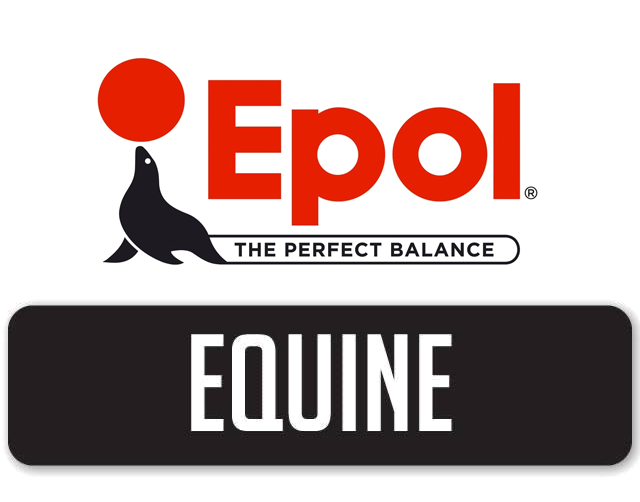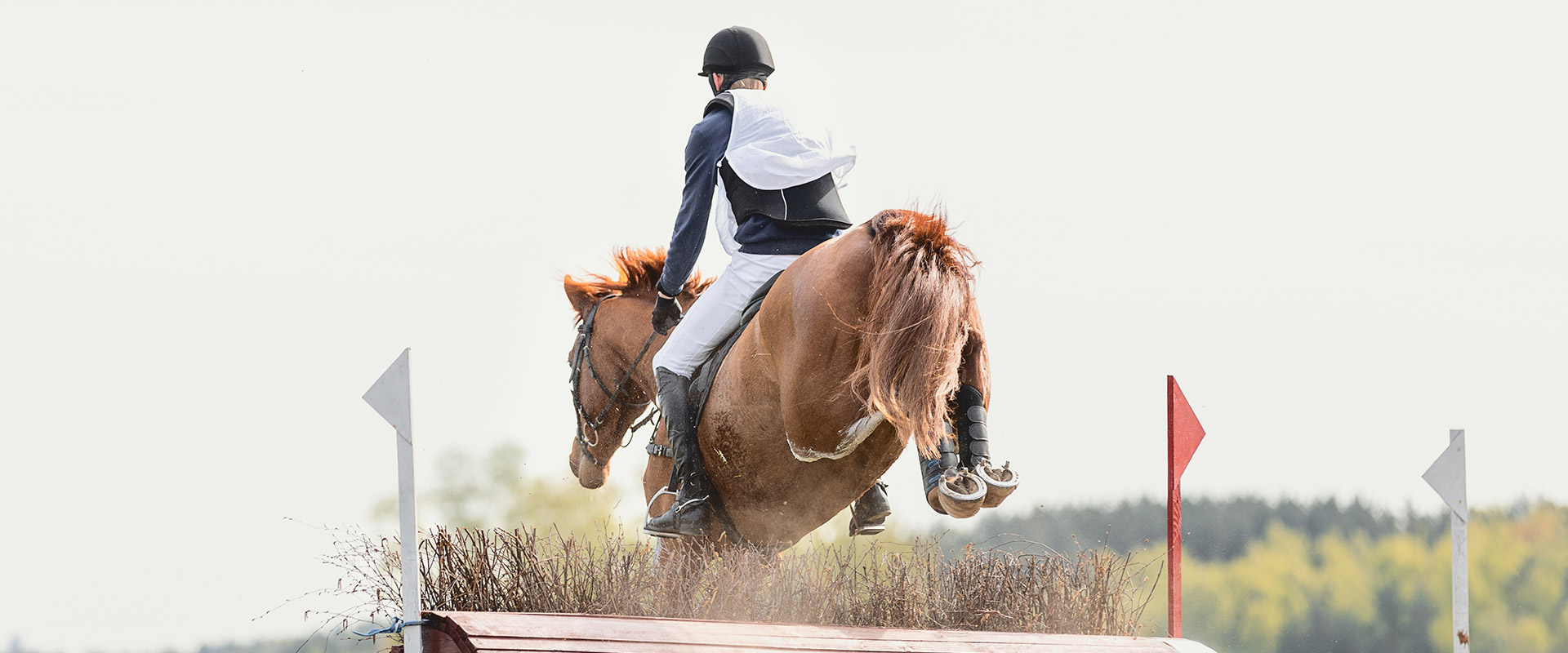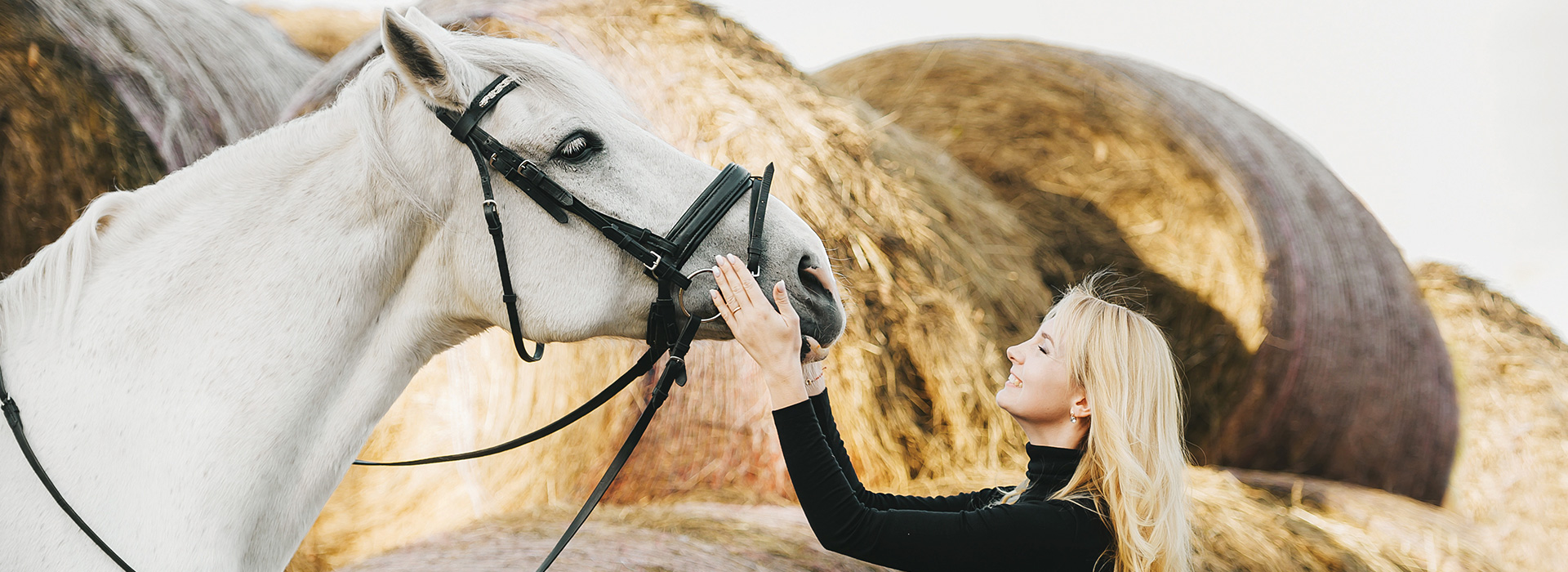In short, Probiotics are live or “good” micro-organisms, such as bacteria and yeast. At present, there are no specific equine bacteria approved, as it is still unclear whether bacterial forms of probiotics can survive the acid and enzymes found in the stomach and small intestine during digestion. A product described as a probiotic is therefore more than likely to contain live yeast. It is important to note that when referring to yeast, this is referring to viable yeast cultures containing strains such as Saccharomyces cerevisiae, not simply Brewers yeast. Brewers yeast is a byproduct of the brewing industry and is a dead yeast used as a protein source in feed rather than for its digestive benefits. Viable yeast cultures are cultures that have been shown to interact with microbes and help increase the digestive efficiency of the gut.
Prebiotics feed the probiotics. Examples of prebiotics included in equine supplements are: fructooligosaccharides (FOS), xylooligosaccharides (XOS), mannooligosaccharides (MOS), galactooligosaccharides (GOS), pectin and psyllium. A horse’s GI tract does not digest these food ingredients but they are digested by the “good” micro-organisms and probiotics in the horse’s digestive system to increase their numbers or activity. If bad bacteria can’t establish themselves within the gut, the horse stays healthy. In terms of research, the prebiotic that has shown to be most beneficial to horse hindgut health and which has the most extensive research backing, is mannooligosaccharides (MOS). MOS is part of the yeast cell wall and helps clear the horse’s hindgut of pathogens and also aids in immune system health.
When prebiotics and probiotics are supplemented together, the products are referred to as synbiotics because they work synergistically and thus are generally recommended together.
In humans pre and pro biotics have been shown to help with
■ Infectious diarrhoea; ■ Inflammatory bowel disease ■ Gastric ulceration; ■ Tooth decay/periodontal disease; ■ Skin infections and atopic dermatitis (chronic itchy, scaly skin); ■ Weight loss;
It is generally felt that the same should be true of horses. However, veterinarians primarily recommend prebiotics and probiotics to encourage growth of the good microbes and to reduce the invasion and growth of disease-causing bacteria.
Studies have shown specifically that probiotics such as yeast help the horse’s GI tract break down and ferment grass and hay better than when not provided. This fermentation process results in the production of volatile fatty acids that provide a significant energy source to the horse which allows the horse to get more energy from their roughage component. This generally means less concentrates will need to be fed, which in itself has positive effects on the gut. Probiotics also produce B vitamins (such as biotin, which is needed for maintaining healthy hooves) and other nutrients essential to the horse’s overall health.
Live yeasts are considered to be additives and should be approved under legislation. To gain approval, scientific evidence supporting the effectiveness, safety and quality of the product has to be provided.
Which horses could benefit from Pre and Probiotics?
- Apart from good doers, all horses will benefit from being able to get more from the fibre that they consume as this means needing less cereal-based feed. Manufactures of quality foods are thus including them in a wide range of products.
- Horses vulnerable to digestive upsets, such as the young and the old.
- Horses with diarrhoea, colic or really foul smelling or loose droppings.
- Underweight horses.
- Horses that get excited or stressed when they compete or travel often urinate more frequently and some also develop very loose droppings. They may also come back from a show all tucked-up and pre- and probiotics are sometimes able to help this.
- Starved horses – bacteria are alive and like any other living organism need a food supply. If a horse has been starved then it is likely that the friendly bacteria will have been too.
- Injured or sick horses on box rest. This often means a sudden change of diet and many also require antibiotics/medications, all of which makes them vulnerable to digestive upsets.
- Horse with gastric ulcers or nutrition-related laminitis. Pre- and Probiotics will not cure the disease but they may help to reduce the risk of further problems such as colic.
Although they are generally inexpensive, easy to administer and can potentially have a beneficial impact, only a limited amount of research has been conducted in horses. There is evidence in both human and veterinary medicine that probiotics might not be suitable for use in all situations.
As with any nutritional supplement, the quality of the product must be evaluated and whether any claims related to the product are supported by proper scientific research or are just anecdotal.
Always seek guidance when using nutritional supplements.




